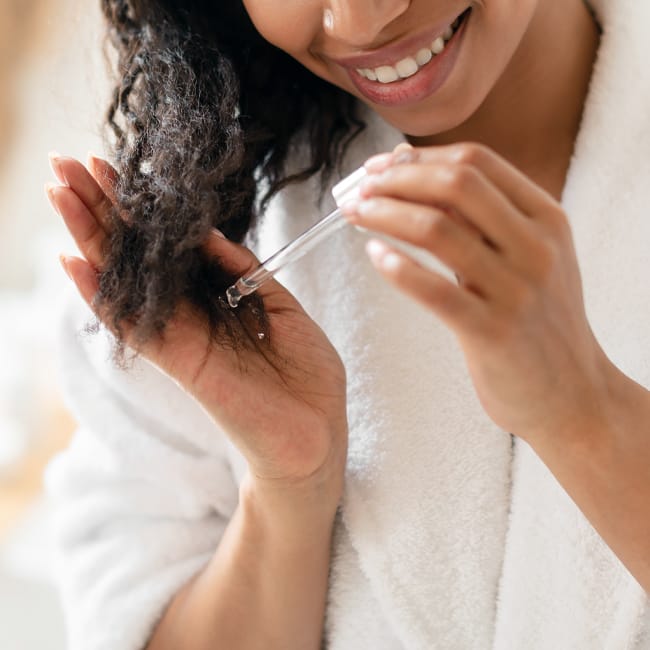This is an archived article and the information in the story may be outdated. Please check the time stamp on the story to see when it was updated last.
Not all face creams are created equal. Some work more magic than others, but there’s a surprising number of creams and moisturizers that contain ingredients which can harm your skin.
So, how to tell the difference between good ingredients and bad ones? It’s a little more complex than you might think. The skincare-savvy might already know that ingredients like retinol, hyaluronic acid and vitamin C come highly recommended by dermatologists, while things like parabens are better off avoided.
However, parabens-which are preservatives found in hundreds of beauty products-can take many different forms, so it’s not as simple as reading “contains parabens” on a label of face cream. And there’s one pesky paraben in particular that may be contributing to irritation, breakouts, and even aging your skin beyond its years! Yikes. Keep reading to learn more.


Methylparaben
Methylparaben is one of the most commonly forms of parabens. It is found in everything from primers and foundations to creams and moisturizers as a means of preserving these products over time and promoting their efficacy. Because methylparaben is packed with antibacterial properties, it does an incredible job of extending the shelf life of skincare products.
OK, so far, so good. What's the catch?
When used in large amounts, methylparaben causes collagen levels to decrease, registered dietitian Harland Adkins warns. Collagen improves skin elasticity and reduces visible wrinkles, keeping our skin from sagging and giving us that plump, youthful look. So anything that's limited our collagen levels is going to result in wrinkles.

"A study just published in the Journal of Investigative Dermatology found that methylparaben, a cheap antimicrobial preservative used in hundreds of foundations, moisturizers, and ironically, anti-aging treatments, actually left the skin of mice paler, drier, and more wrinkled," Harland tells us.
He continues, "The study demonstrated that at high concentrations, methylparaben cuts down on existing collagen levels (and its future production) and can ultimately speed up cell aging and death by increasing levels of toxic molecules."

The fact that the study was done on mice doesn't discount its findings, because mouse skin is similar to human skin.
As it is one of the first studies to suggest that this paraben can age your skin, it's likely that more research is still needed. But the bottom line is that, even though your face cream doesn't contain the high amount of methylparaben used in the study, it's still not doing you any favors. After all, it only makes sense to avoid something that's getting in the way of your youthful glow!
In the future, "paraben-free" is your friend.


























